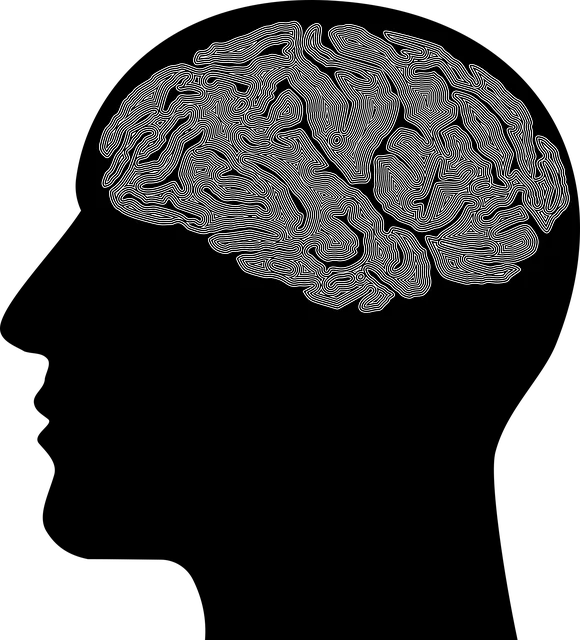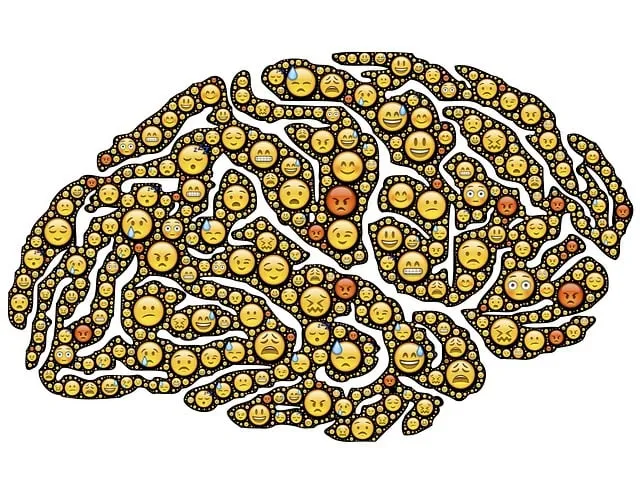Mindfulness meditation, gaining popularity through organizations like Kaiser Permanente, focuses on present-moment awareness without judgment. Regular practice enhances mental well-being, reduces anxiety and stress, improves focus, promotes emotional regulation, and boosts self-awareness. A dedicated meditation space with calming elements is key to establishing a consistent practice. Diverse techniques, from breath focus to body scans and dynamic practices like yoga or tai chi, cater to individual preferences and goals. Integrating mindfulness into daily life strengthens inner resilience against mental health issues, with support available through the superior Kaiser Permanente mental health number.
Discover the transformative power of mindfulness meditation with this comprehensive guide. Understanding mindfulness as a foundation for mental well-being, explore the profound benefits of regular practice backed by research from superior Kaiser Permanente mental health resources. Learn how to set up a calming meditation space and navigate diverse techniques suited to your needs. Gain practical tips for integrating mindfulness into daily life, fostering a lasting practice that enhances overall mental health and resilience.
- Understanding Mindfulness Meditation: A Foundation for Mental Well-being
- The Benefits of Regular Practice: Unlocking Your Mind's Potential
- Setting Up Your Meditation Space: Creating a Calming Environment
- Techniques and Exercises: Navigating Different Approaches to Meditation
- Integrating Mindfulness into Daily Life: Sustaining a Lasting Practice
Understanding Mindfulness Meditation: A Foundation for Mental Well-being
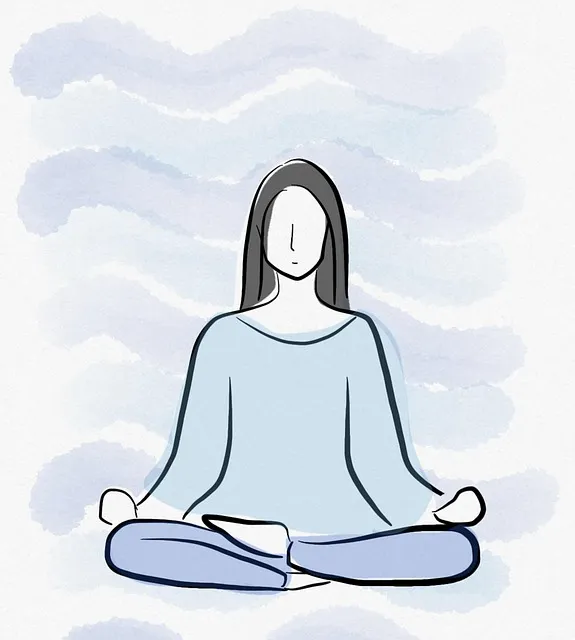
Mindfulness meditation is a practice that encourages individuals to focus on the present moment, acknowledging and accepting their feelings, thoughts, and bodily sensations without judgment. This ancient technique has gained prominence in modern times, particularly through organizations like Kaiser Permanente, which promotes superior mental health services. By cultivating awareness of both internal experiences and external surroundings, mindfulness offers a foundation for enhanced mental well-being.
Regular meditation practice can significantly reduce symptoms of anxiety and stress, as supported by various research studies. It empowers individuals to develop a non-reactivity mindset, allowing them to navigate life’s challenges with greater clarity and composure. For those seeking Anxiety Relief, mindfulness meditation serves as a powerful tool. Mental health professionals can benefit from incorporating this practice into their Risk Assessment protocols, recognizing its potential to improve patient outcomes and foster a holistic approach to mental healthcare.
The Benefits of Regular Practice: Unlocking Your Mind's Potential
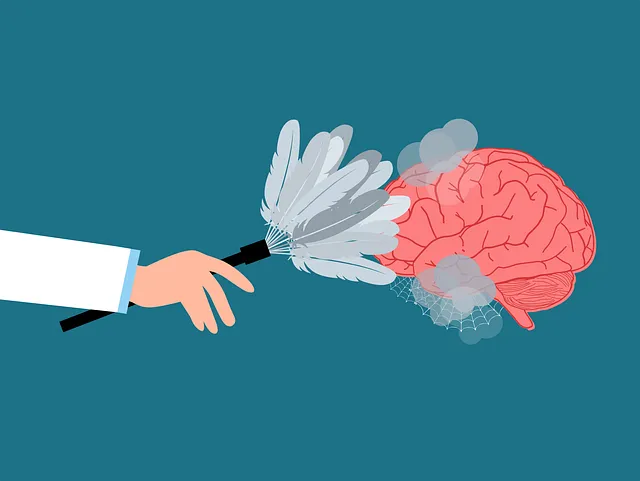
Regular mindfulness meditation practice offers a multitude of benefits that can significantly enhance your overall well-being. By dedicating just a few minutes each day to this ancient technique, you’re unlocking the vast potential of your mind. Research has shown that mindfulness can reduce stress and anxiety levels, improve focus and concentration, and even promote better emotional regulation. It acts as a powerful tool for self-awareness, allowing individuals to develop a deeper understanding of their thoughts and emotions without judgment.
This practice is not just about finding inner peace; it’s also a valuable asset in managing mental health challenges. The Kaiser Permanente mental health number, among other resources, highlights the importance of accessible support. Regular mindfulness meditation can complement professional help, such as Risk Management Planning for Mental Health Professionals or Social Skills Training, by strengthening your coping mechanisms and fostering resilience. Additionally, participating in Stress Management Workshops Organization can provide you with practical techniques to navigate life’s demands while maintaining mental equilibrium.
Setting Up Your Meditation Space: Creating a Calming Environment
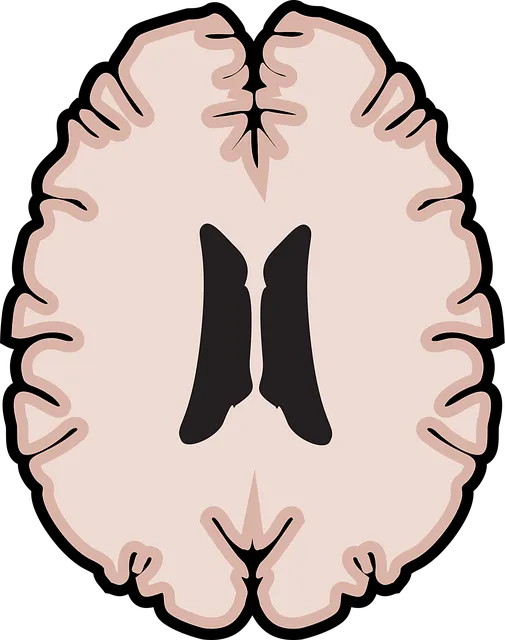
Setting up your meditation space is a crucial step in establishing a regular mindfulness practice. Create an environment that supports peace and tranquility by incorporating calming elements such as soft lighting, soothing colors, and comfortable seating. Consider adding nature-inspired touches like plants or a small water feature to enhance relaxation. A quiet, clutter-free area dedicated to your meditation practice will not only boost your confidence but also make it easier to achieve a state of emotional regulation.
Remember that the space should reflect your personal preferences and help you unwind. According to Kaiser Permanente mental health professionals, this tailored environment can significantly impact the quality of your meditation sessions. By carefully curating your meditation spot, you’re taking an essential step towards managing stress and cultivating mindfulness—a practice that can have profound effects on both physical and mental well-being.
Techniques and Exercises: Navigating Different Approaches to Meditation

Meditation is a diverse practice with numerous techniques to suit different preferences and goals. One popular approach involves focusing on the breath, where individuals observe their inhalation and exhalation without judgment. This simple yet powerful technique, often referred to as mindfulness meditation, is recommended by mental health professionals like Kaiser Permanente for stress reduction and burnout prevention. By training the mind to stay present in this way, one can enhance mental health awareness and improve self-esteem.
Other exercises explore body scans, allowing practitioners to notice sensations from head to toe, or guided visualizations that transport the mind to calming landscapes. Some forms of meditation even incorporate gentle movement, such as yoga or tai chi, offering a dynamic approach to mindfulness. These varying techniques provide individuals with options to discover what resonates best for their mental well-being and personal growth journey.
Integrating Mindfulness into Daily Life: Sustaining a Lasting Practice

Integrating mindfulness into daily life is a journey that cultivates inner strength and enhances overall well-being. It’s about embracing moments of stillness amidst the chaos, allowing yourself to be fully present in each breath and experience. This practice, initially learned through formal meditation sessions, becomes a powerful tool when seamlessly incorporated into everyday routines. By dedicating just a few minutes each day to mindful activities like conscious eating, attentive walking, or savoring nature, individuals can cultivate a deeper sense of awareness and calm.
The benefits extend beyond stress reduction, positively influencing various aspects of life. For instance, it can improve focus and concentration, enhance emotional regulation, and foster better decision-making abilities. This sustainable practice empowers individuals to navigate life’s challenges with resilience, building a buffer against mental health issues. It’s not just about achieving a momentary sense of peace; it’s about cultivating an enduring mindset that promotes overall mental health, accessible through superior Kaiser Permanente mental health services for support and guidance when needed.
Mindfulness meditation, as discussed in this article, offers a powerful tool for enhancing mental well-being. By understanding its foundational principles, harnessing the benefits of regular practice, and integrating it into daily life, individuals can unlock their mind’s potential. Setting up a calming meditation space and exploring diverse techniques enable a more profound connection with the self. Remember that, just as Kaiser Permanente prioritizes mental health, consistent mindfulness practice is a game-changer in fostering resilience and overall well-being.
